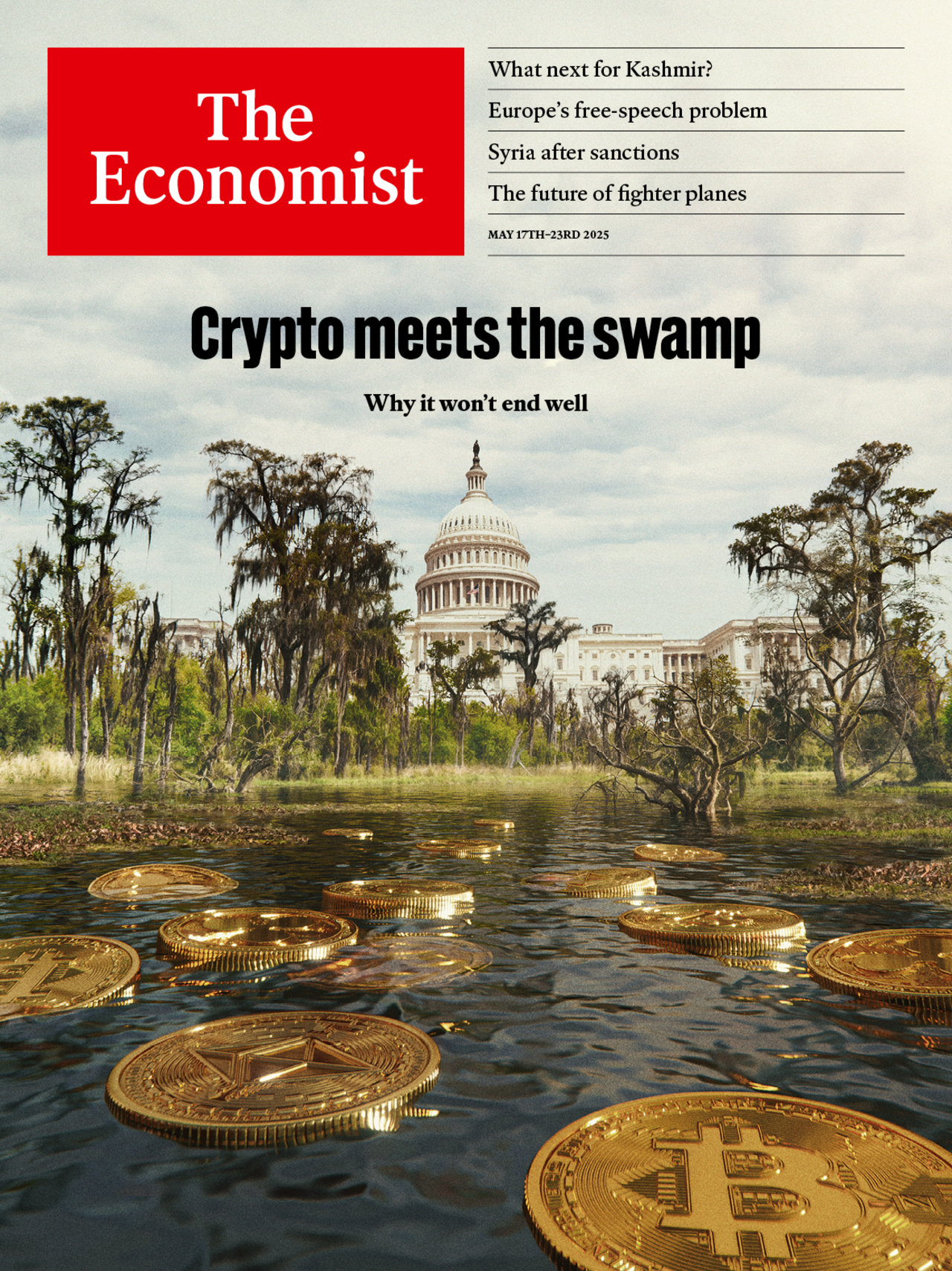Britain is now the biggest funder of solar-geoengineering research
It is supporting experiments to thicken sea ice and make clouds more reflective

Solar gEOENGINEERING is a heated topic. The core idea is to deliberately interfere with the environment in order to cool the climate, thus averting the worst consequences of the unintentional interference caused by rampant fossil-fuel combustion. Most of the potential methods involve reflecting sunlight back into space, thereby stopping that energy being trapped in the atmosphere as heat. Those in favour of researching them point to their potential to cheaply and substantially reduce global temperatures. Critics, meanwhile, highlight the risk of altering weather systems and disrupting atmospheric chemistry (with global and ungovernable consequences) while distracting countries from the hard but necessary work of cutting carbon emissions.
Explore more
This article appeared in the Science & technology section of the print edition under the headline “Cool heads”

From the May 17th 2025 edition
Discover stories from this section and more in the list of contents
Explore the edition
An interstellar object is cruising through the solar system
Its appearance puts a new branch of astronomy to the test

RFK junior wants to ban an ingredient in vaccines. Is he right?
Studies show that thimerosal does more good than harm

AI is helping to design proteins from scratch
They could treat diseases, test drugs and boost crop yields
A new project aims to synthesise a human chromosome
The tools developed along the way could revolutionise medicine
How sea slugs give themselves superpowers
Their slimy shenanigans might have applications for humans, too
Is being bilingual good for your brain?
Perhaps. Learning languages offers other, more concrete benefits

